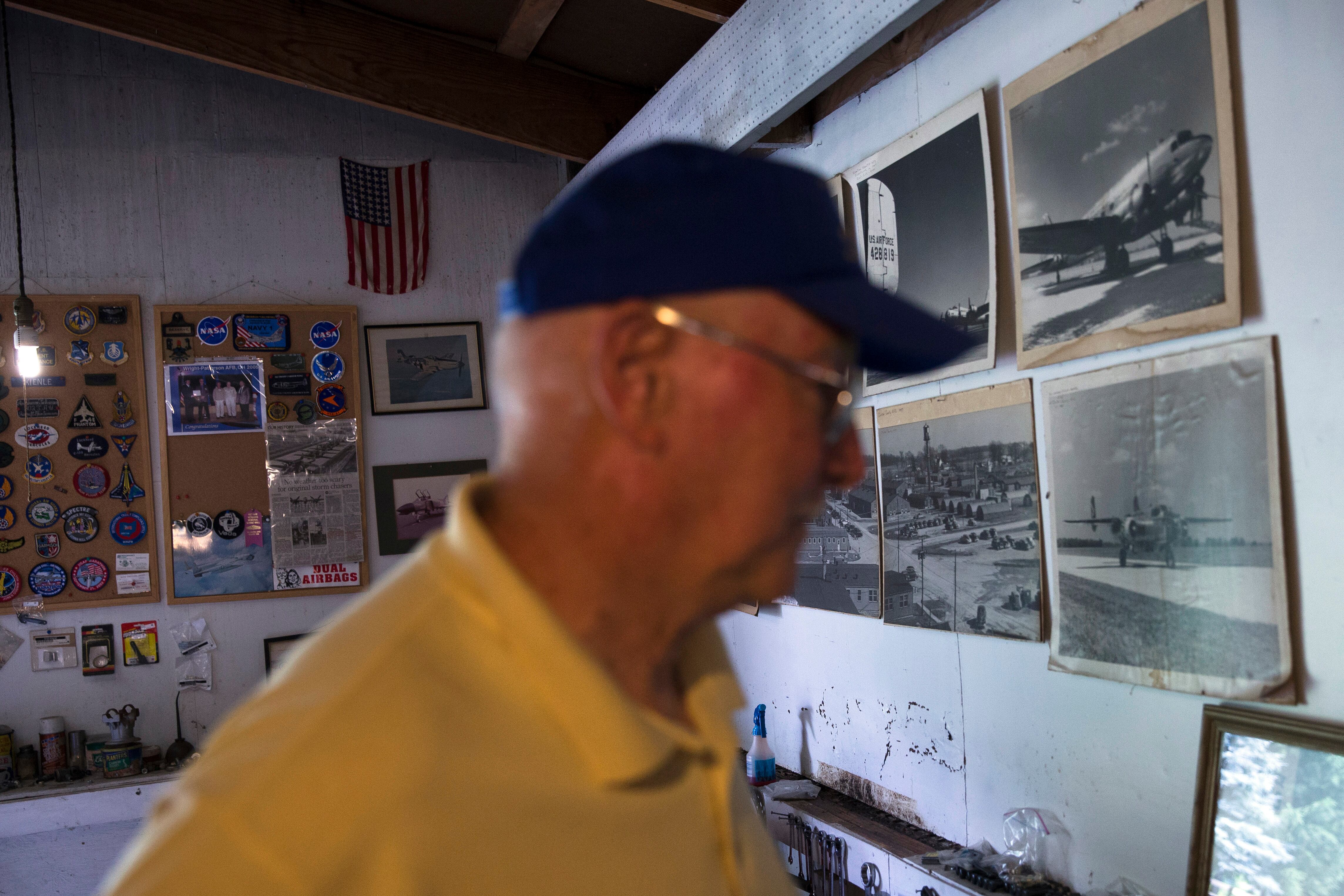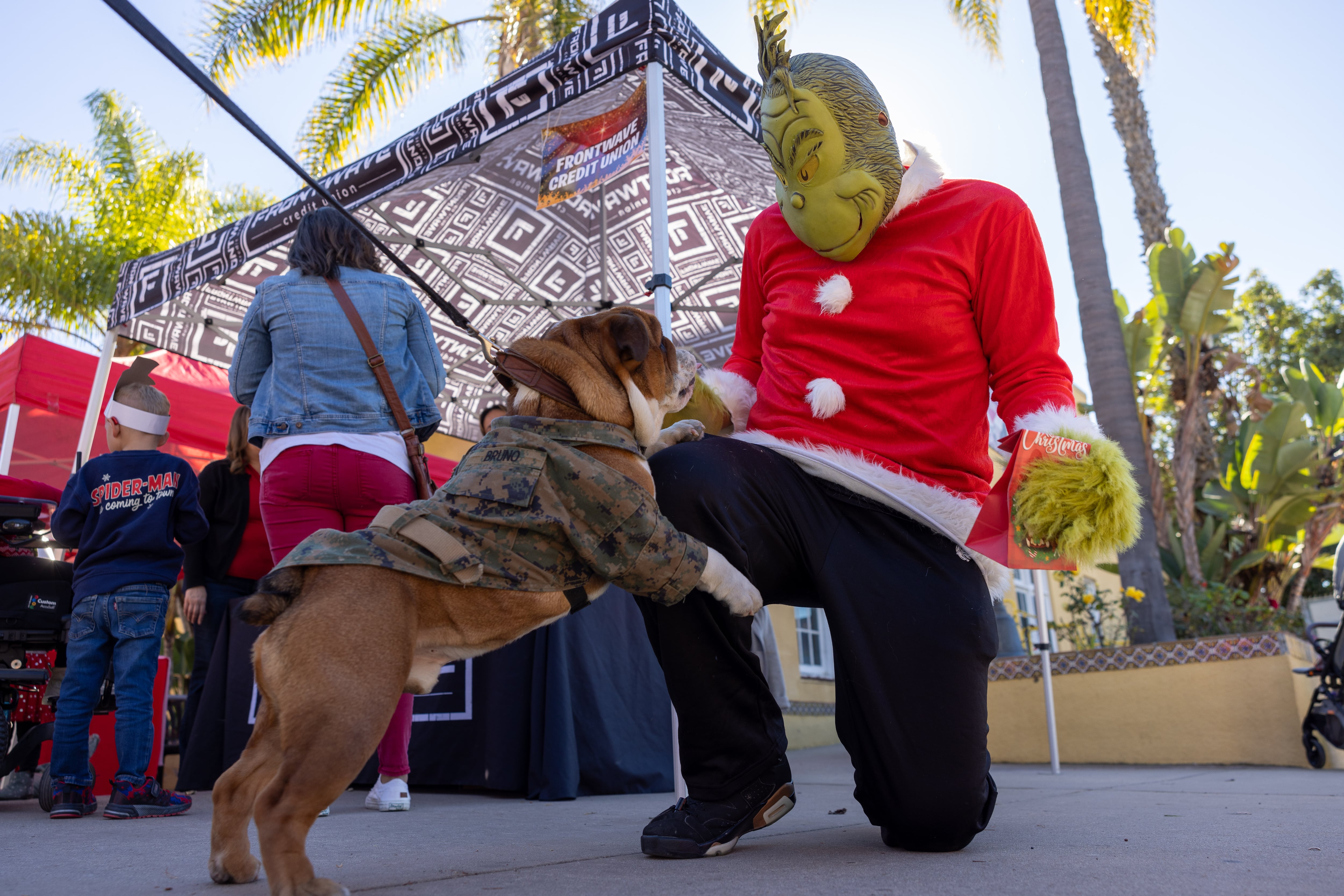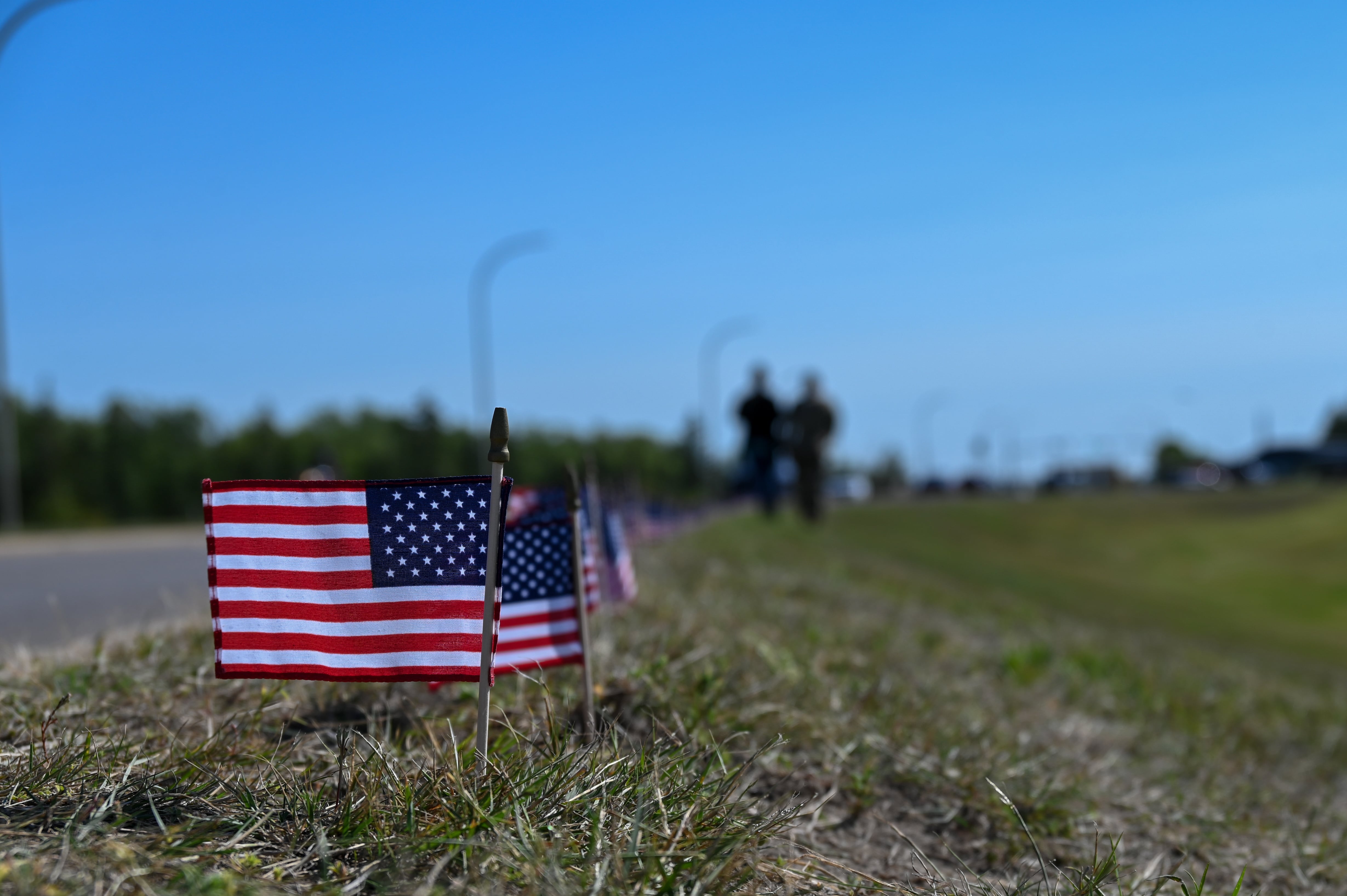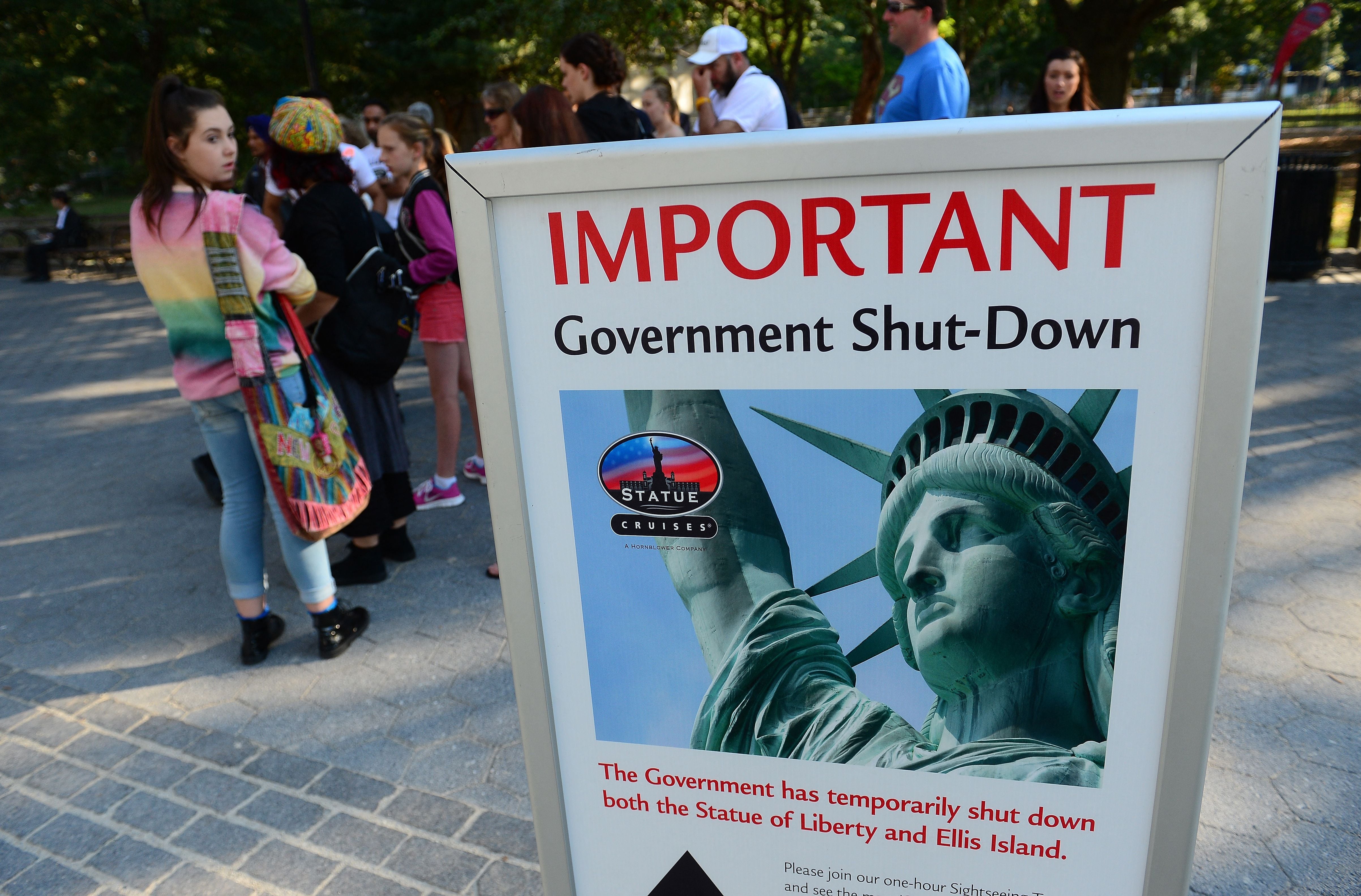WASHINGTON — Reversing a long-held position, the Department of Veterans Affairs now says Air Force reservists who became ill after being exposed to Agent Orange residue while working on planes after the Vietnam War should be eligible for disability benefits.
The VA said it has been working to finalize a rule that could cover more than 2,000 military personnel who flew or worked on Fairchild C-123 aircraft in the U.S. from 1972 to 1982. Many of the Vietnam-era planes, used by the reservists for medical and cargo transport, had sprayed millions of gallons of herbicide during the 1955-1975 military conflict in Southeast Asia.
If the White House Office of Management and Budget approves the change, it would be the first time the VA had established a special category of Agent Orange exposure for military personnel without "boots on the ground" or inland waterways service in Vietnam. That could open the VA to renewed claims by thousands of other veterans who say they were exposed to Agent Orange in less direct circumstances, such as on the open sea.
The announcement is expected as early as this coming week.
An Institute of Medicine report in January concluded that many C-123 reservists had been exposed to chemical residues on the aircraft's interior surfaces and suffered higher risks of health problems as a result. The institute is part of the National Academy of Sciences, a private organization chartered by Congress to advise the government on scientific matters.
Using that report, the department "determined that potentially exposed veterans would be eligible for Agent Orange-related benefits," the VA said in a statement. It also is reviewing whether certain active-duty troops may have been exposed. "Our goal is to ensure all affected C-123 crewmembers receive disability benefits and medical care."
Before requesting the report, the VA had generally denied claims submitted since 2011 by C-123 reservists, saying it was unlikely they could have been exposed to Agent Orange from the residue.
About 653,000 Vietnam-era veterans have received Agent Orange-related disability benefits since 2002, when the VA officially began tracking the cases.
The proposed rule would expand coverage under the 1991 Agent Orange Act to reservists who were stationed at Rickenbacker Air National Guard Base in Columbus, Ohio, Pittsburgh Air National Guard Base and Westover Air Reserve Base in Chicopee, Massachusetts.
Many were pilots, mechanics or medical personnel and simply followed orders when it came to working on C-123s, according to the C-123 Veterans Association. It was formed four years ago by retired Air Force Maj. Wesley T. Carter after he and other reservists noticed a pattern in the various ailments they suffered.
The reservists under the rule would be entitled to VA disability benefits if they developed health problems such as prostate cancer, diabetes and leukemia that were determined by the VA to be connected to Agent Orange.

Retired Air Force reserve tech Sgt. Ed Kienle, 73, stands in his barn surrounded by U.S. Air Force pictures and paraphernalia, Thursday, June 11, 2015, in Wilmington, Ohio.
Photo Credit: John Minchillo/AP
"There wasn't that much talk of Agent Orange," said retired Tech. Sgt. Ed Kienle, 73, of Wilmington, Ohio, who worked on C-123 aircraft as a pilot and mechanic from 1972 to 1980. He said reservists generally knew the planes had once sprayed Agent Orange, but he didn't think twice about it when he was asked to clear away parts coated with residue.
After retiring from the military in 1997, Kienle said he developed skin cancer and respiratory problems and is being treated for indications of prostate cancer. He has joined with other reservists in the "Buckeye Wing" stationed at Rickenbacker in pushing for C-123 benefits.
In April, VA Secretary Bob McDonald expressed dismay in an email to department officials that multiple delays have "stretched our already thin credibility." At the time, officials were looking to Congress for legislation to provide benefits for the C-123 reservists.
But veterans groups and lawmakers including Sen. Sherrod Brown, D-Ohio, said the VA had legal authority to bypass Congress and act on its own. Brown and two other senators said this past week they would block a Senate vote on President Barack Obama's nominee for VA's top health post until the department made clear whether or when a new rule would take effect.
The upcoming rule would not include roughly 200,000 "Blue Water" veterans who say they were exposed to Agent Orange while serving aboard deep-water naval vessels off Vietnam's coast, according to two VA officials who spoke on condition of anonymity because they were not authorized to discuss the matter publicly.
"If they do cover the C-123 guys and not us, we would feel very slighted," said John Paul Rossie, executive director of the Blue Water Navy Vietnam Veterans Association, pledging a renewed push for benefits.
Veterans' organizations and several members of Congress have been calling for expanded VA benefits in a broader range of environmental toxic exposure cases, including those involving Gulf War neurotoxins and burn pits in Iraq and Afghanistan.





